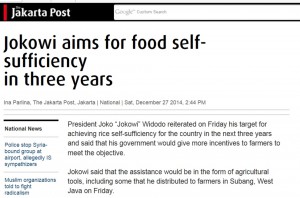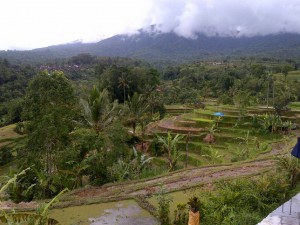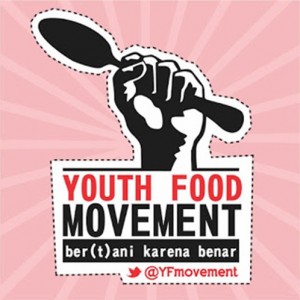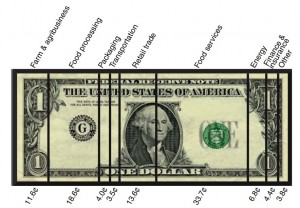I am indebted to Farm Futures for the heads up about the USDA’s just-published request for public input on what it calls “enhancing agricultural coexistence.”
Agricultural coexistence, the USDA says,
refers to the concurrent cultivation of crops produced through diverse agricultural systems, including traditionally produced, organic, identity preserved (IP), and genetically engineered crops. As the complexity and diversity of U.S. agriculture increases, so does the importance of managing issues that affect agricultural coexistence, such as seed purity, gene flow, post-harvest mixing, identity testing, and market requirements.
My translation: The USDA wants producers of traditional crops and organic foods to stop complaining that GMOs are contaminating their crops, and producers of GMO crops to stop complaining that they get prosecuted if they try to save seeds from year to year.
The USDA explains that it is doing this in response to recommendations from its Advisory Committee on Biotechnology & 21st Century Agriculture. This committee recommended actions to promote agricultural coexistence in five areas:
- Potential compensation mechanisms
- Stewardship
- Education and outreach
- Research
- Seed quality
How come the USDA is collecting input on #3 rather than the far-more-likely-to-be-controversial #1 and #2?
Early in 2011, I wrote about USDA Secretary Tom Vilsack’s use of Cold War rhetoric to promote détente between growers of organic and GMO foods. I pointed out that while the USDA had no intention of backing down on support of GM agriculture, it was at least recognizing the threat to organic production.
I noted that the USDA was unlikely to get very far with this initiative because so many farm groups representing industrial agriculture so strongly objected to Vilsack’s coexistence proposal. The groups argued that coexistence could “adversely impact all producers of biotech crops, as well as the integrity of the American agriculture system.”
If you can’t do anything about underlying structural problems, try communication.
Have something to say about what it will take to support all systems of agricultural production? Now is a good time to weigh in.








